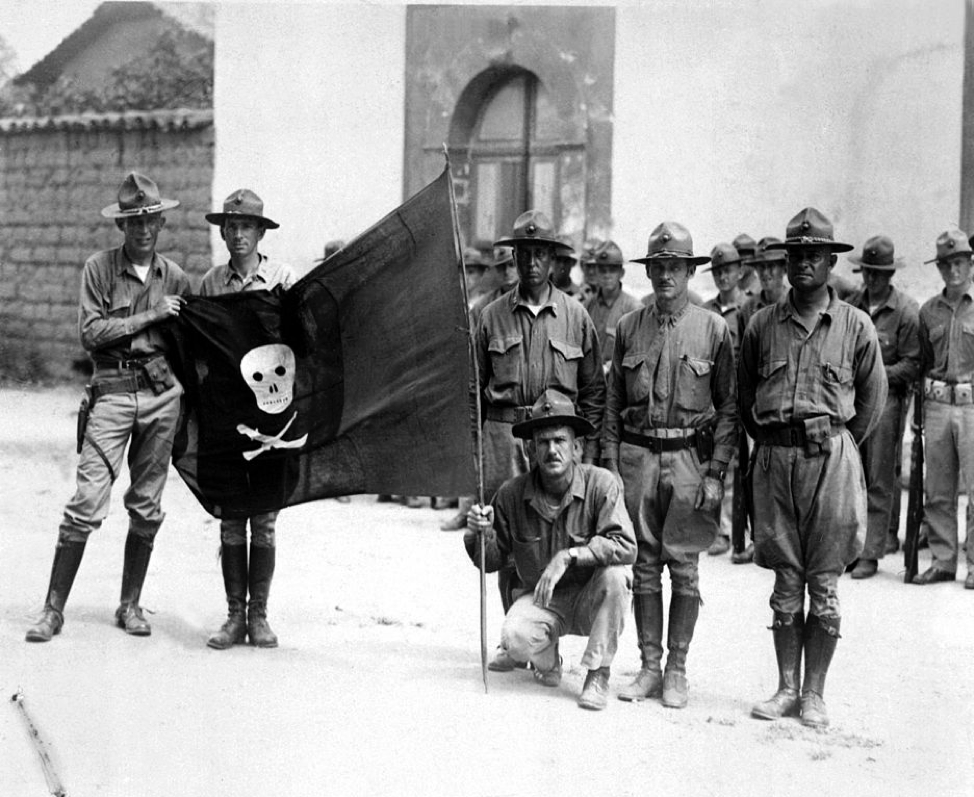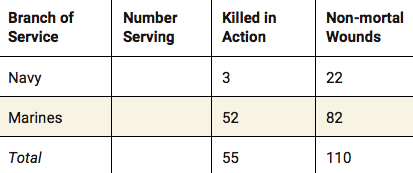Pacification of Nicaragua
1912 – 1913
After President Theodore Roosevelt articulated his Corollary to the Monroe Doctrine—that the United States claimed the right to intervene militarily in the Caribbean in order to maintain order and preclude European intervention—the U.S. government dispatched troops to Nicaragua on three separate occasions between 1909 and 1933.

In 1909, Americans were primarily concerned with instability in the region as well as a Nicaraguan government unfriendly to American interests. With construction of the Panama Canal well underway, the security of the region became increasingly important. The first intervention occurred when the Taft administration responded to the execution of two Americans in Nicaragua who had joined a movement to overthrow the government of President José Zelaya. In this instance, the U.S. Navy and Marines assisted the rebels “in a decisive battle against Zelaya’s forces,” after which the revolutionary government negotiated a treaty that established a virtual American protectorate over the country.
American forces left in 1910, but 2,000 U.S. Marines came back two years later to in support of the government against a new uprising. Having assisted in defeating the rebellion, most of the Marines went home, leaving only a small force in residence.
The Marines remained in place until 1925, when the Coolidge administration determined that conditions in the country were sufficiently stable to allow their withdrawal, a situation that changed dramatically the next year with the outbreak of civil war.
This time around, U.S. Secretary of State Frank Kellogg “justified military intervention because Communists were fighting the government,” which in fact was not the case. Lawyer-diplomat Henry Stimson managed to impose a settlement on the warring factions that laid the foundation for future conflict in Nicaragua that lasted into the 1980s and resulted in the notorious Iran-Contra Affair.
RECOMMENDED READING
The Path Between the Seas – The Creation of The Panama Canal 1870-1914
by David McCullough
The Savage Wars of Peace: Small Wars and The Rise of American Power
by Max Boot
All books are available at our Museum Library which is open to the public every Thursday from 10am to 4pm.
AMERICAN CASUALTIES

